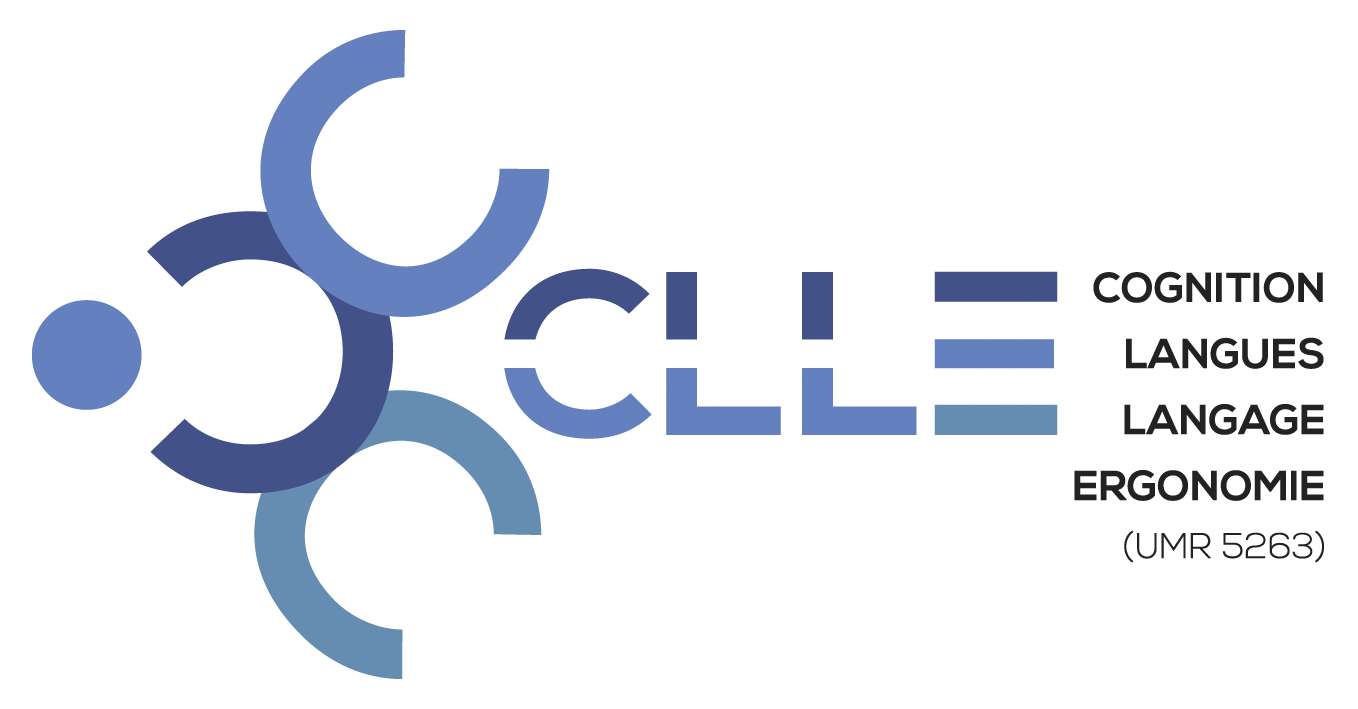-
Partager cette page

Coordonnées
- Adresse
- Université Toulouse Jean-Jaurès, campus du Mirail.
- Bureau
- Maison de la Recherche : bureau C526
- Bureau 2
- UFR Psychologie : bureau M161
- amael.arguel@univ-tlse2.fr
- Site internet
- https://www.researchgate.net/profile/Amael_Arguel
Discipline(s) enseignée(s)
Psychologie cognitive, méthodologie expérimentale, statistiques, épistémologie, éthique et intégrité scientifique.
Co-responsable de l'UE503 (Psychologie Cognitive, Licence 3).
Thèmes de recherche
· Processus cognitifs des apprentissages complexes dans les environnements informatiques pour les l'apprentissage humain (EIAH)
· Ergonomie cognitive des interfaces multimédias
· Rôle des émotions dans les apprentissages et les situations de prise de décision
· Analyse des traces de l’apprentissage dans les environnements numériques (Learning Analytics)
· Informatique médicale et accompagnement en ligne de patients
Publications extraites de HAL affiliées à Cognition, Langues, Langage, Ergonomie
- Accueil
- Présentation
-





